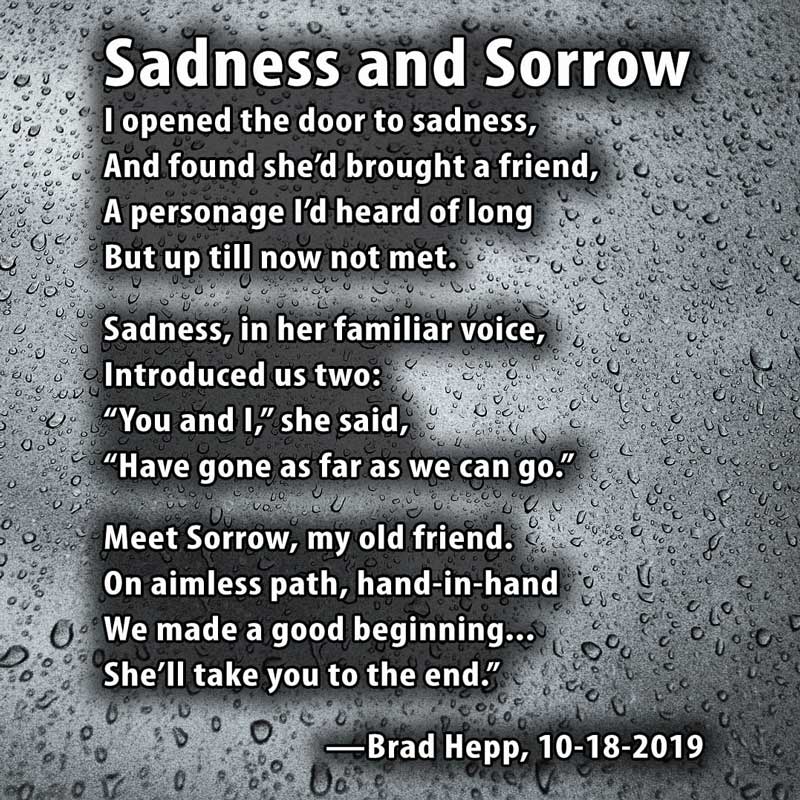It was dark in the living room. My wife and boys had already gone to bed, and I was left alone in the papa chair. By faint light coming from the kitchen, I could see Princess on a blanket we had set for her on the floor. She sat there, as peaceful and dignified as ever, probably purring. Two days before, she had stopped eating altogether, even when Joshua stroked her bony back and tried feeding her from his hand. The tumor in her stomach had won, and now she could barely walk, let alone jump or climb onto the couch.
In the morning, Joshua and Susan would take her to the vet. They’d ask the vet for some locks of her beautiful hair to remember her by. It seemed more appropriate than ashes.
Sitting there in the dark, I thought of how Princess’ well-being had been my responsibility for most of her seventeen years. Under my protection, neither hawks in the trees above nor the bitter cold of winter nights had ever touched her beautiful form. But now…. Now, tears began to stream. “I’m sorry, Princess. There’s nothing I can do for you this time.”
Up to this point in my life, I had never really understood corporate guilt. “Yes,” I could admit — only because good theology demands it — “I somehow share in the sin of Adam and Eve. But slavery and other atrocities? If neither I nor any of my relatives ever committed this or that sin, how can I — why should I — feel any guilt in the matter!”
That’s not what I was thinking about in the darkness of the night.
Looking at Princess across the room, I was sad. That much was clear, especially in the darkness. But then a little window opened. Through my tears, new light came streaming. It was sorrow, an emotion I barely recognize. “Princess,” I wept, “Not only am I unable to help you now, but in a very real — painfully real — sense, I am responsible for all that brought us to this dark night. I am truly sorry!” In that moment, for the first time ever, I was Adam. Once upon a time, God set me over His creation as its protector and provider. But I failed. And now, my Princess, like everything else under my charge, was dying.
A small window opened for me that night. Wisdom whispers, “Don’t let it close!”
Perhaps, in the light of that account, this poem I wrote the following day will make sense:

